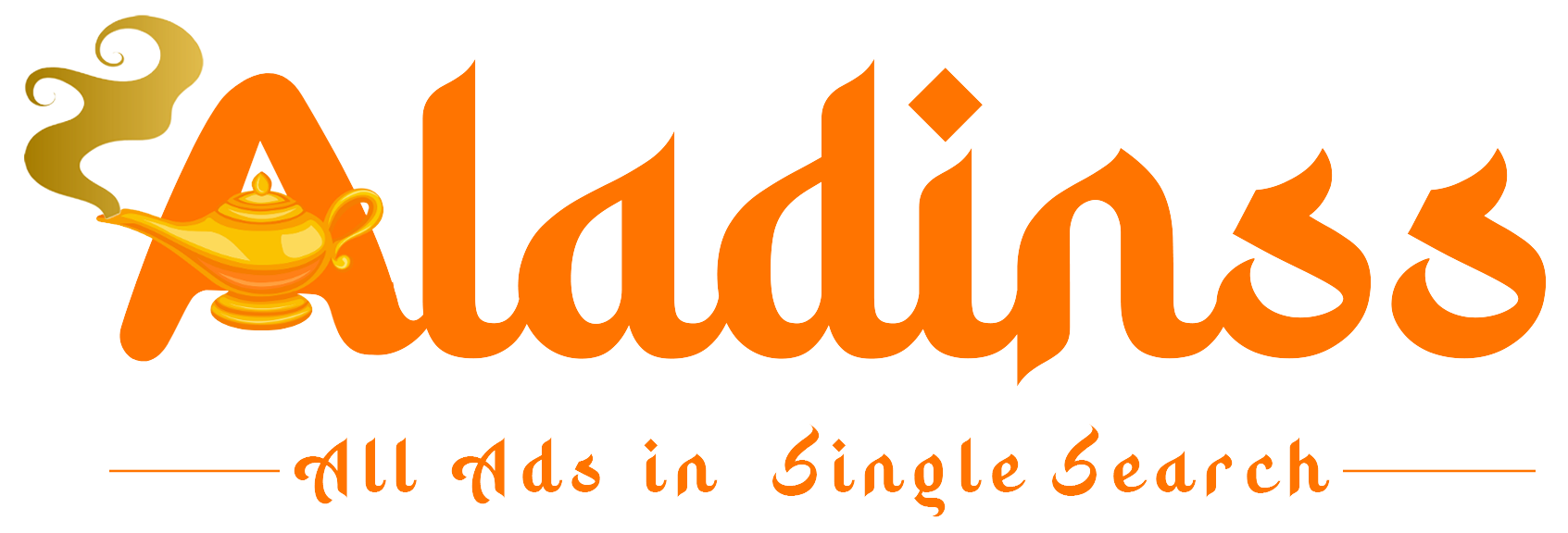
Cracking the Coding Interview
Coding interviews are challenging, but the right preparation can make all the difference. Explore key programming concepts and problem-solving techniques. Learn how to think like an interviewer and tackle complex challenges. Elevate your coding interview game today!
When preparing for coding interviews, especially at top-tier tech companies, you need more than just basic knowledge—it's about mastering algorithms and system design principles. Here’s your roadmap to success:

1. Master Key Algorithms
In coding interviews, algorithms play a crucial role in finding solutions to complex problems. Coding algorithmic problems is different from the usual work you might do in your day-to-day job, so it’s vital to understand these foundational techniques:
Breadth-First Search (BFS) & Depth-First Search (DFS)
Sorting Algorithms
Dijkstra's Algorithm: Find the shortest path from a source to all vertices in a graph.
Floyd-Warshall Algorithm: Find the shortest path between all pairs of vertices.
Prim’s & Kruskal’s Algorithms: Minimum spanning tree algorithms.
Graph Bridge Finding Algorithms: Identify bridges in a graph.
2. Practice Makes Perfect
Interview questions often involve testing your ability to solve algorithmic problems under time pressure. Consistency is key. Aim to solve at least two problems per day for 2-3 months to develop a problem-solving mindset. You can leverage online platforms like Leetcode, Codechef, and TopCoder to hone your skills. Additionally, reading programming books specifically focused on FAANG interview problems can provide a solid foundation.
3. Systems Design Interview
Systems design is a critical part of interviews, particularly for senior or managerial roles. Focus on understanding the design of scalable, robust systems. Topics to master include:
Sharding Techniques
Scalability Principles
Concurrency
API Modeling
Distributed Caches
Load Balancing
Spend 2-3 months preparing for this segment, as it requires both theoretical knowledge and practical experience in designing real-world systems.
4. Set a Realistic Prep Timeline
Rushed preparation leads to failure. To crack top-tier interviews at companies like Google, Amazon, or Facebook, you must allocate 2-3 months for preparation. Use this time to:

Strengthen your grasp on algorithms and data structures.
Master your preferred programming language.
Optimize your LinkedIn profile for recruiters.
Work through numerous problems of varied difficulty to recognize recurring patterns.
5. Think Out Loud During the Interview
A common mistake candidates make is staying silent while working through problems. Interviewers can’t read your mind. Verbalizing your thought process demonstrates your problem-solving approach, even if the solution isn’t perfect. Be open about the direction you’re considering, and even if your solution isn’t optimal, the interviewer will appreciate your logical flow and effort.
6. Behavioral Interviews Matter
While technical skills are crucial, behavioral interviews assess your emotional intelligence, communication, and interpersonal abilities. For senior positions, expect to answer questions on leadership, ethics, and past project experiences. Here are some typical behavioral questions:
Describe a time you faced a setback during a project. How did you overcome it?
How would you resolve conflict with a colleague?
How do you maintain a healthy work-life balance?
Tell us about a challenging project you worked on and what you learned.
7. Mock Interviews are Essential
Nothing beats practicing real interviews. However, the quality of mock interviews matters. Find reputable platforms that offer mock interviews with experienced hiring managers from FAANG companies. They provide honest feedback and insights into the interview process, helping you improve your performance.
8. Overcome Interview Anxiety
Interview nerves are common, but managing anxiety is crucial for success. Practice mental techniques
Conclusion:
Cracking the coding interview is not just about technical skills—it’s about being a well-rounded problem solver with the right mindset. Emotional balance plays a crucial role in your success, as the pressure of the interview day can impact your performance.
The key to success lies in consistent preparation, understanding core concepts deeply, and practicing mock interviews with the right people. By preparing diligently, optimizing your interview day approach, and maintaining composure, you’ll maximize your chances of acing the interview and landing your dream job.


![How to Crack an Interview [20 Scientifically Proven Tips]](https://genie.aladinss.com/genie/cloud/jobs/homepage/blog/1-4.webp)





